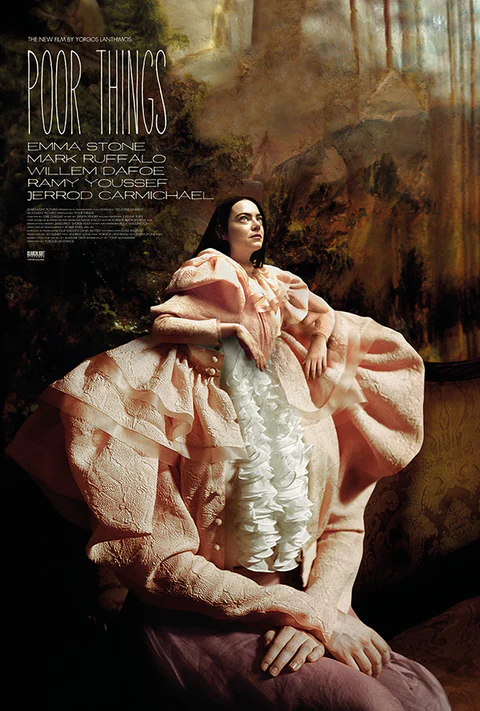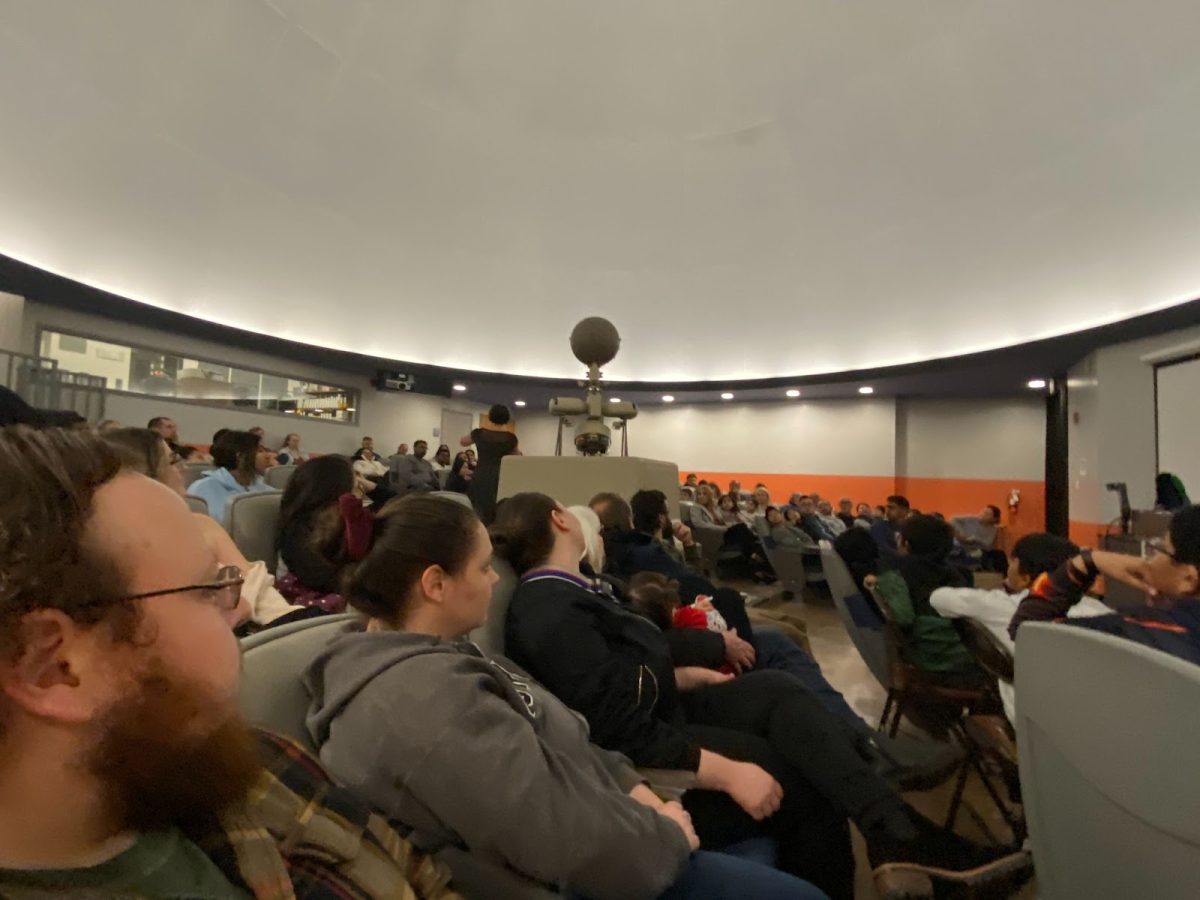
Remember the 1950s when everything, not just TV shows, was black and white? When sticking to the status quo was the status quo. Exactly, neither do I. Back then, the concept of sex was simpler hugely due to the fact that what was talked about was largely accepted.
Theoretically in the 1950s, men liked women, women married men, and the only man a woman would ever have sex with was her husband—the first time being their wedding night. Up until then a woman was expected to be pure, untouched—a virgin. The man, not so much, but that’s an entirely different column.
Let’s face it, we come from a jaded generation and we’ve seen or heard it all before. For now let’s focus on one thing: virginity.
Using the simplest, and possibly most vague definition, someone is a virgin up until they have sexual intercourse. And by “sexual intercourse” I’m referring to penile/vaginal penetration. None of this oral, anal, in the ear nonsense, strictly wee-wee meets yaya. But in this day and age this isn’t necessarily the case.
People, mostly of the younger generation, have started to refer to themselves as virgins even if they’ve engaged in sexual activities. Enter the world of the “I’ve done everything, but…” population. These are people who have taken the “sexual intercourse” phrase to heart. They tend to believe that even though they’ve engaged in “outercourse”—oral sex/hand jobs/ basically contact involving at least one sexual organ, but not necessarily penile/vaginal penetration—they are technically still virgins.
Is this fair to “true” virgins who have not engaged in any sort of sexual act? Doesn’t this establish a sort of double standard? “Everything, but” virgins call themselves virgins, yet they are still able to engage in pleasurable deeds. Talk about the best of both worlds. So how did the “everything, but” virgins come to be? It’s simple. Blame the previous generations’ conservative outlook on life, even dating farther back than Clinton’s “I did not have sexual relations with that woman” days.
The “everything, but” individuals were able to come up with conditions, loopholes if you will, to enjoy contact with the opposite sex without disappointing granny. This is taking on virginity as something purely physical. But is that all there is to it, or is the concept of virginity all in someone’s mind? Someone may not physically be pure and yet they may consider themselves a virgin because they feel they haven’t given themselves fully, mentally and emotionally to another person.
By now you may start to question what the big deal about being a virgin is all about. The answer is written throughout the media, in TV shows, movies, books, you name it and someone somewhere is usually trying to get lucky. For women, whose sexuality is constantly scrutinized by society, virginity has been seen as something that is given to a man, a service. A woman will hold on to her virginity until she finds the perfect man to give it to.
But wait, isn’t sex commonly used for procreation and pleasure, and usually not in that order? If a woman puts such a strong emphasis on keeping her virginity, then what does that say about a woman who has sex for pleasure? A woman who does not save her virginity and frequently has sex may be labeled a slut, possibly one of the worst things to call a female. Does that mean the best thing to be called is a virgin? Where’s the in-between title? And why is it that when referring to virginity, we tend to only think about a woman’s virginity? Men are born virgins, too.Oh, but when they “lose” theirs, they’re referred to as studs. Ah, the proverbial sexual double standard. Just another way to prove that virginity is multifaceted.
Alright, it looks like we’ve hit a fuzzy area. So let’s go ahead and hit one last one. The idea of traditional sexual intercourse, with the wee-wees and yayas, doesn’t always apply to all couples. What if we’re dealing with two yayas? In other words are two lesbians who are in a relationship, and who have never had any sexual contact with a man doomed to forever be labeled virgins by conventional standards? Reasoning like this plagues the minority pockets of society. But that’s not to say that different beliefs are incorrect.
I think we’ve come to our conclusion in our mission to define virginity. And the truth is, there really is no conclusion. And the even sadder truth why we don’t have a conclusion is because people are too hesitant, for whatever reason, to open up about virginity.
Virginity is subjective, each individual has their own definition of the word which is then reflected in their actions. We all just have to face the fact that a lot of things in the sex world aren’t so black and white.





